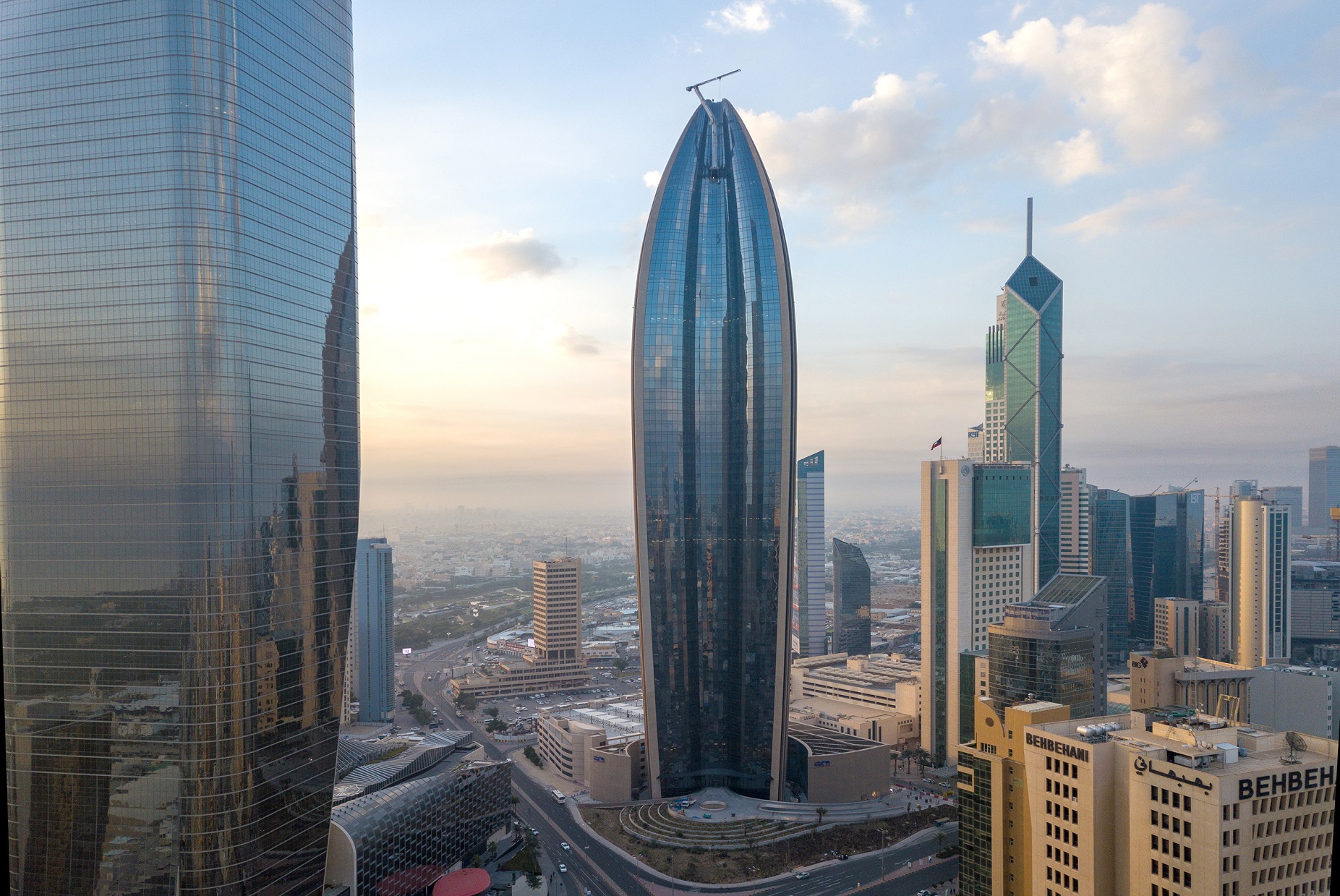Fitch report provides good data on climate change risks

Fitch Ratings has published an interesting report on the risks posed to some governments by 'stranded assets'.
The report cites UN predictions that coal output will fall to 15% of its current level by 2050, that oil output will fall to 52% of its current level, and gas will fall to 88%. Of the ten counties that are most at risk (in terms of their net exports of fossil fuels GDP) six are in the Middle East: the GCC states excluding Bahrain, and Iraq. (The most vulnerable is the Republic of Congo.)
Fitch provides a useful definition of 'stranded assets' – essentially assets that will never be fully utilised or will become prematurely obsolete either due to physical damage arising from climate change (such as extreme weather) or policy changes (such as changed tax regimes) due to climate change.
The report cites figures that carbon dioxide from fossil fuels accounted for 78% of the increase in greenhouse gas (GHG) emissions between 1970 and 2010.
Technological change will also accelerate the move away from fossil fuels. Renewable energy increased its share to more than 10% of global electricity generation in 2019, from less than 5% in 2012. The cost of solar and wind energy has fallen markedly in recent years – for example, solar energy can now be produced at about one eighth of its cost in 2010 – although there are big regional differences in costs.
The Fitch report provides a detailed 'Heatmap' of countries' vulnerability to lower demand for fossil fuels and lower prices. Kuwait is second on the list, behind the Republic of Congo, and the most vulnerable Middle East country. For example, Fitch estimates that net fossil fuel exports accounted for 41% of Kuwait's GDP in 2019, and that fossil fuel rents represented 43% of GDP in 2018. Fossil fuel tax receipts accounted for 73% of Kuwaiti government revenues in 2019. The other GCC states and Iraq are also high on the list of vulnerable countries but they are by no means alone: Angola, Azerbaijan, Gabon and Mongolia (which is heavily dependent on coal exports) all feature near the top of the list.
There are some compensating factors for Middle East governments. First, their cost of oil production is low (and Kuwait's is particularly low). Governments with low production costs will be able to continue producing (albeit with lower rents, as fossil fuel prices decline or stagnate) while those with higher production costs will be squeezed out.
State reserves, in the form of Sovereign Wealth Funds, will also enable governments to maintain their solvency as revenues decline, giving them time to transition their economies to more sustainable structures and models.
The Fitch report recognises that there are many uncertainties around the decline of fossil fuel usage. It also notes that fossil fuel exporters have experienced economic stresses in the past, most obviously with the oil price collapse in 2014 and the decline in prices during the Global Financial Crisis of 2008. Fitch believes that the decline in oil prices arising from climate change issues will be comparable in scale to those price falls in the past, but that it will develop more slowly – giving governments time to adjust. However, the decline will be permanent, reducing the ability to 'look through the cycle' to a price recovery.
In terms of ratings, the 20 sovereigns with the highest ratio of net fossil fuel exports-to-GDP suffered a total of 36 notches of downgrades between 2015 and 2020, and four of upgrades. Of course, fossil fuel prices were not the only factor driving these rating changes.
Five governments avoided a downgrade: high rated countries Norway (AAA), Abu Dhabi (AA) and Kuwait (AA), which all have large financial buffers; and low-rated Gabon (B) and Iraq (B-) for whom high levels of risk were already reflected in the ratings.
Bahrain was downgraded by five notches between 2015 and 2020, and Angola and Gabon by four. The Republic of Congo defaulted twice, and Ecuador defaulted once.
Here is a link to the full report.
More In
News


ABA member Comarch on adapting to continual change

ABA member Knightsbridge is opening offices in Dubai

Encouraging results from trials in UAE

Ensuring the right foundations for digital transformation

Strong results from NBK during 2024


